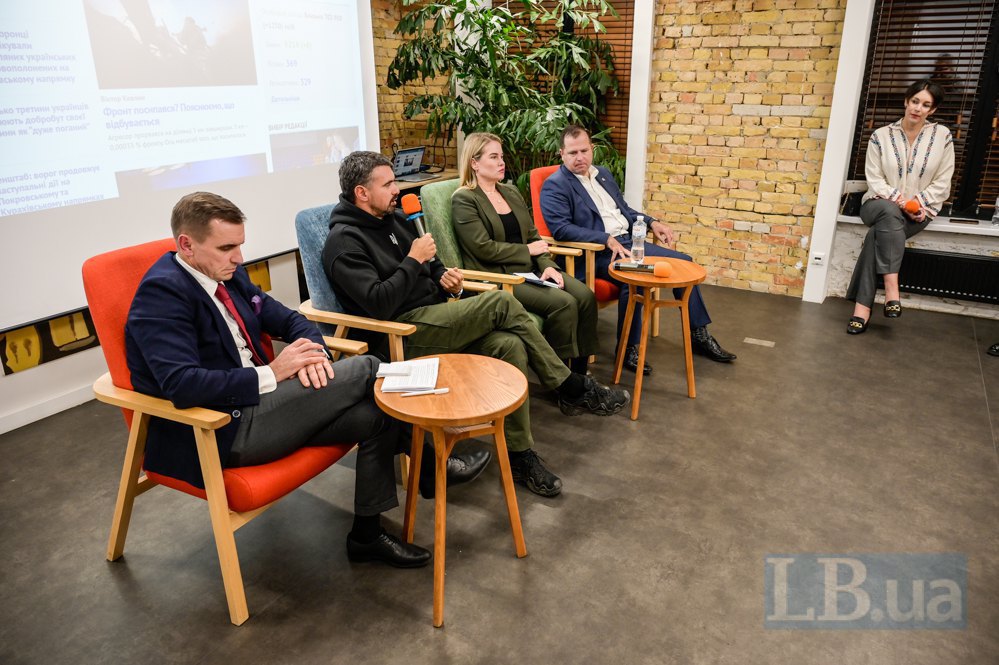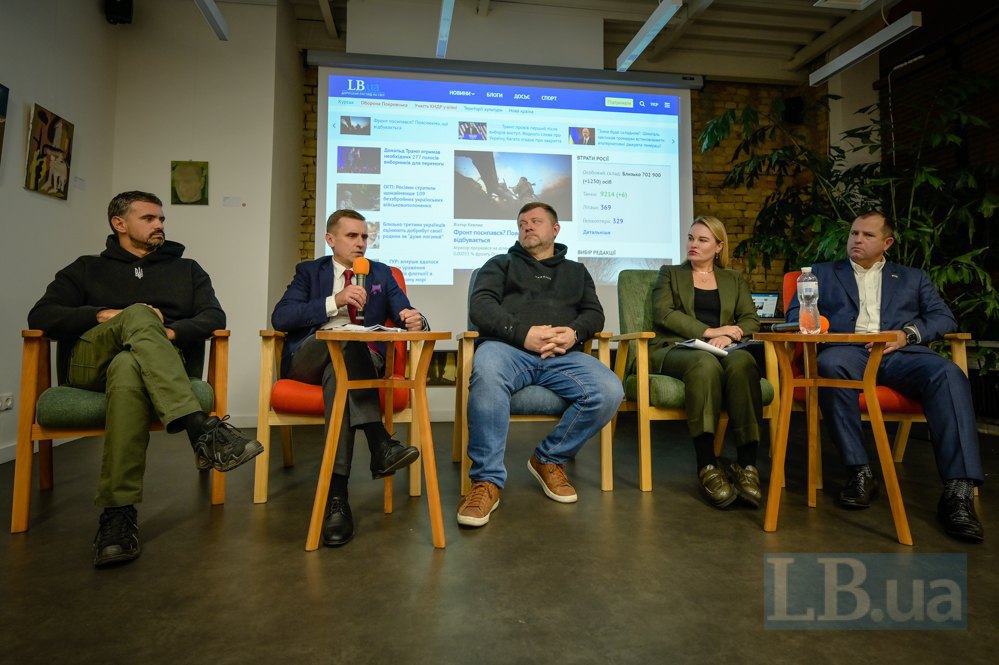
What does Trump’s victory mean for Ukraine?
The institutions of the US government have been formed over years and centuries, which contributes to the stability of the country’s course, says Oleksandr Korniyenko, First Deputy Speaker of the Verkhovna Rada. He notes that Trump’s election will bring a change in team and guidelines, and possibly deeper shifts, but emphasises that Ukraine has well-established cooperation with both major US parties. This collaboration will not only continue but intensify, including with the newly elected president, even before the inauguration. Parliamentary, cultural, and other forms of diplomacy will be complemented by official diplomacy at all possible levels, the Vice Speaker assures.
“I am confident that political delegations from the Verkhovna Rada will soon visit the United States. These delegations will remain multi-party, as they have been in the past, and we will work to ensure that the new members of both chambers of Congress establish contact with MPs of the ninth convocation of the Verkhovna Rada. We have provided our new colleagues with all necessary information and strengthened ties with those with whom we already have good cooperation. I am sure that their delegations will also come here,” said Korniyenko.
First and foremost, discussions will focus on maintaining and strengthening military assistance, as the situation at the front directly depends on it, he added.
“Of course, I understand that Republicans are more pragmatic; they require economic incentives,” Korniyenko acknowledged. “However, President Volodymyr Zelenskyy presented Donald Trump with a detailed plan for Ukraine’s victory during the election campaign. This plan included military, economic, and geopolitical/security components, as well as very substantive proposals.”
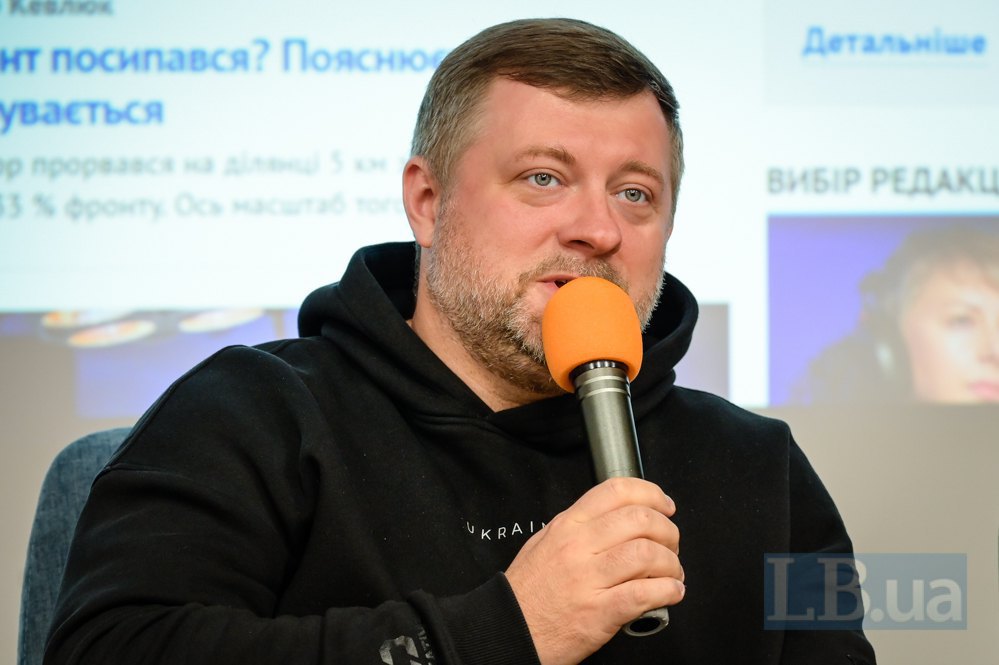
Kostyantyn Yeliseyev, Ambassador Extraordinary and Plenipotentiary of Ukraine, former representative of Ukraine to the European Union, and former Deputy Head of the Presidential Administration, advises against panic. Reflecting on his experience during Donald Trump’s first election while serving in Petro Poroshenko’s administration, Yeliseyev recalls that Trump’s victory initially came as a shock, even to many American politicians.
“Today, this means the Ukrainian government must adjust its approach—not only promoting and strengthening bipartisan support but also filling it with concrete content,” he explained.
“We must be prepared to work with any US president, regardless of their name or political affiliation… Decisions in the Senate, where Republicans have strengthened their position, are not made by a simple majority. In some cases, 60% of votes are required, so there remains some possibility for a checks-and-balances system,” the diplomat reminded.
Yeliseyev also emphasised that the newly elected American president’s strategy of uncertainty has left Vladimir Putin unsure of what to expect from Trump.
“And that is not necessarily a bad thing. Some claim Trump admires Putin; there is some truth to that… But it is crucial to build a relationship of trust with Trump. Many issues can be resolved on the basis of trust. Additionally, it is important to communicate with him—being a business-oriented person—in a simple and straightforward manner,” Yeliseyev concluded.
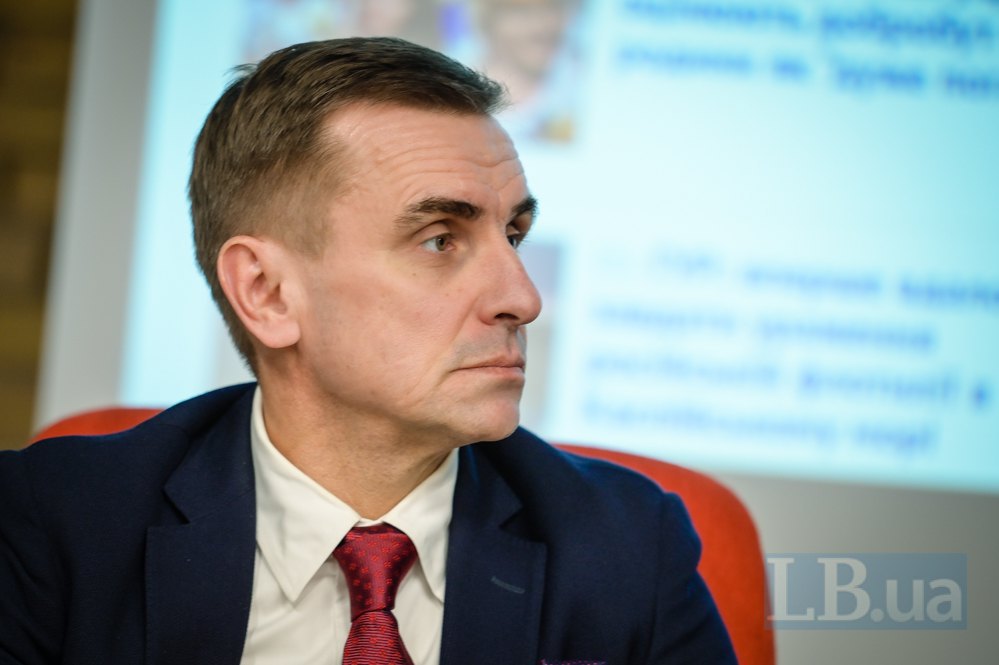
Donald Trump may personally harbour certain sympathies or fail to perceive Russia or Vladimir Putin as a threat, but American society has a clear stance—they want Ukraine to win the war. This makes the American people Ukraine’s ally, says Alyona Hetmanchuk, director of the New Europe Centre and senior associate fellow at the Atlantic Council.
The change of power in the United States primarily means that Ukraine must now approach the US not only with its demands and wishes but also with concrete proposals. According to Hetmanchuk, it is crucial to leverage the expertise of those who have previously worked with the Trump administration, as some of these diplomats and politicians are now part of his inner circle. This is particularly important since Trump tends to avoid delving into details and is unlikely to change that approach.
Additionally, Hetmanchuk notes that the Republican and Democratic parties share a similar vision of how the war in Ukraine should end: “Both Democrats and Republicans consider our plan to reclaim the borders of 1991 unrealistic. They do not oppose it; they simply believe it to be unattainable. Both parties advocate for a negotiated settlement to end the war. Neither sees the possibility of real security guarantees accompanying such a resolution at this stage.”
However, Hetmanchuk believes that Trump has a genuine interest in ending the war in Ukraine, as he aims to establish himself in history as a peacemaker.
“He would want to broker an agreement early in his term—one that avoids escalating into an even larger conflict midway through or towards the end of his presidency. His priority is to secure a just and sustainable peace rather than a fragile truce that could collapse during his time in office,” Hetmanchuk explained.
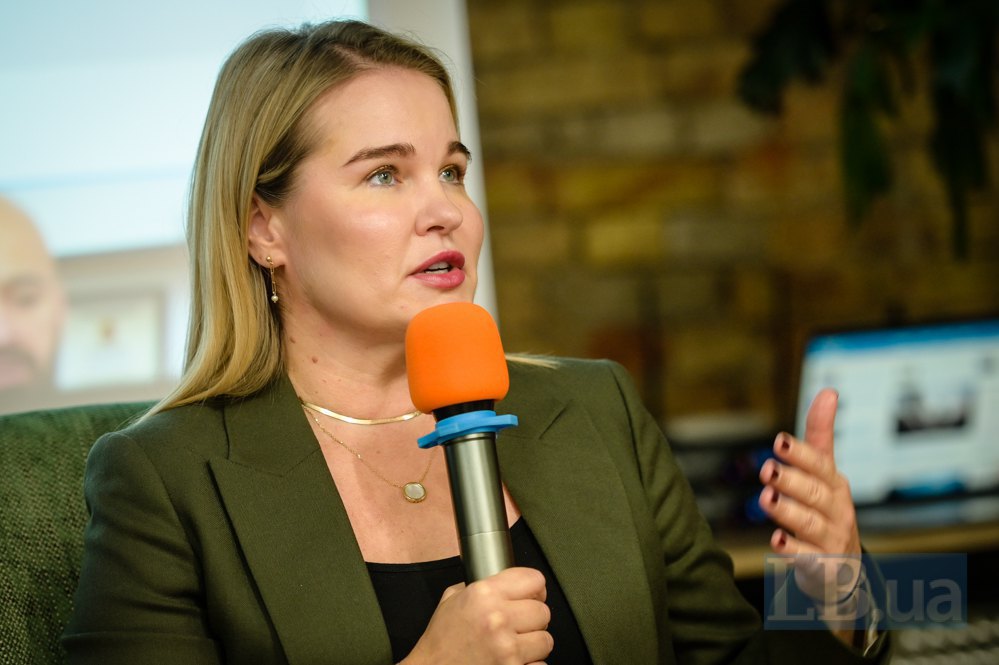
Businessman Ihor Liski also sees an opportunity to end the war with Trump’s election. While acknowledging that it may not align with Ukraine’s ideal outcome, he warns that the risks of prolonging the war are far greater.
“Frankly, we cannot continue playing this cynical game of exhausting Russia at the expense of Ukrainian lives, being sacrificed by Russian troops. We need a concrete, realistic plan to end the war. Without one, we risk not only failing to regain all our territories but also potentially losing everything—collapsing as a nation. Some may want Ukraine to drain Russia’s resources, but this is not in our national interest,” Liski said.
Pavlo Unhuryan, a proponent of “spiritual diplomacy,” former MP, and current coordinator of the Christian platform of the Ukrainian-American partnership, attributes the rhetoric about a “loss of appetite” for funding Ukraine—voiced by US House Speaker Mike Johnson—to frustrations with the ongoing nature of the war, rather than a withdrawal of support for Ukraine itself.
“Why? Because the war is dragging on. From November to April, the White House effectively blackmailed the House of Representatives, saying that delays in voting were prolonging the situation in Ukraine. The votes were cast, but why is progress still stalling? This is due to decisions to allocate funds piecemeal, set goals incrementally, and so on,” said Unhuryan.
This, he argues, has led to Republicans pressuring the White House to expedite the delivery of aid to Ukraine.
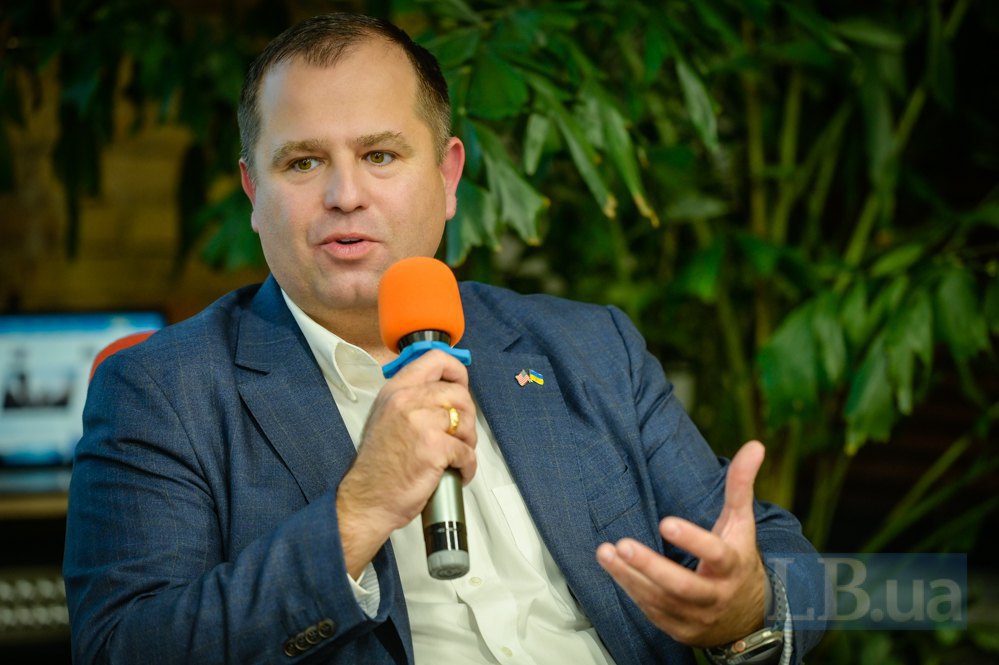
Pavlo Unhuryan highlights that it was Republican congressmen who were the first to visit Ukraine following the start of the full-scale invasion, even before official US authorities. They also lobbied for the return of the US ambassador to Kyiv and underscored that the law on funding allocations for Ukraine included no restrictions on the use of weapons on Russian territory. There are capable leaders in both the majority and minority of Congress, the former MP emphasises. Therefore, it is crucial for Ukraine to carefully analyse everyone who has secured a seat in both chambers and begin working with them and their constituencies.
Furthermore, Unhuryan stresses the importance of focusing not only on national-level diplomacy, advocacy, and engagement with the United States but also on regional-level cooperation. These elections demonstrated that the Republican traditionalists and conservatives achieved much of their success through grassroots efforts. Ukraine’s regions, cities, and districts should strive to establish direct relationships with local American communities, the coordinator of the Ukrainian-American Partnership Platform advises.
Ivanna Klympush-Tsyntsadze, MP from the European Solidarity Party and former Deputy Prime Minister for European Integration, takes a less optimistic view. She sees the change of power in the US as a significant challenge for Ukraine, requiring a shift from emotional appeals to rational arguments. Relying on institutions alone will not suffice, she warns.
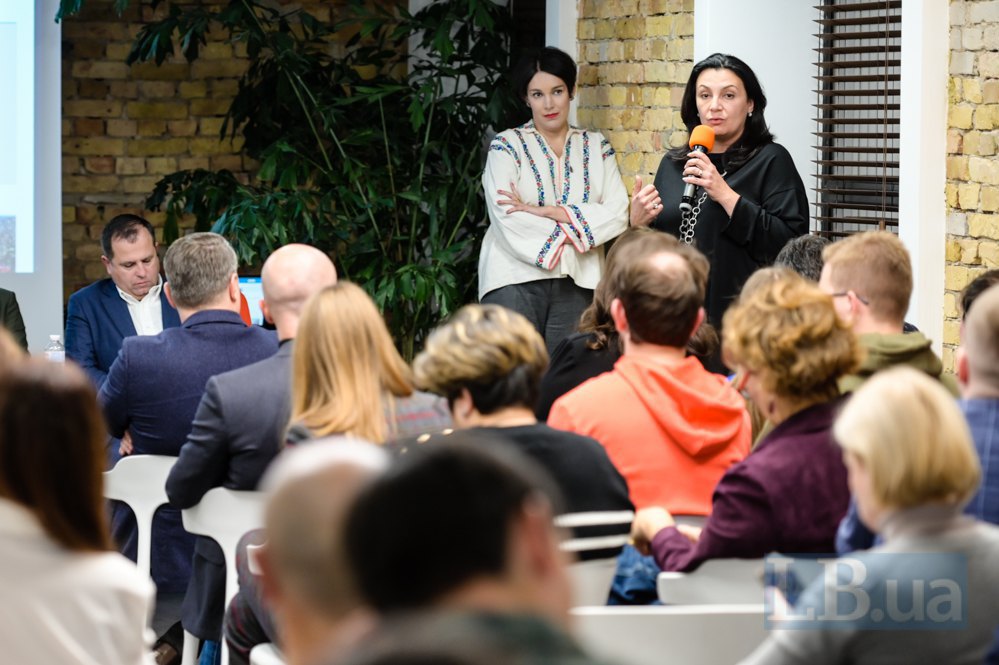
“The Trump of 2024 will not repeat the ‘mistakes’ of Trump in 2016, when he relied on establishment Republicans. Trump is anti-establishment. He is anti-institution. His leadership is about personal charisma, conviction, and not necessarily the full ideological component of that conviction. That is why this time will likely be more challenging,” Klympush-Tsyntsadze said. Ukraine will need to find arguments that resonate with Trump and his team, she added.
Trump and Europe
Trump’s presidency could act as a catalyst for Europe’s security maturation, argues Kostyantyn Yeliseyev.
“Europe must recognise its responsibility for its own peace and security. There have already been statements to this effect. I believe Biden will now work to distribute responsibility further, pushing European countries to contribute more, especially to NATO’s budget. Currently, the target is 2 per cent of GDP, but it could rise to 3 per cent or even higher,” the diplomat stated.
Alyona Hetmanchuk suggests that strengthening Ukraine’s cooperation with Europe will naturally enhance its relationship with the United States.
“We will have a compelling argument: look, the Europeans are ready to provide us with specific support. For instance, our think tank is working on the idea of a Coalition of the Resolute, which would encourage European countries to deploy military contingents to Ukraine—especially during any pause in hostilities (although I do not believe in the concept of a truce with Russia) or a phase of low-intensity conflict. I think the Trump administration would welcome the idea of greater European military contributions, as it would inspire greater American engagement, knowing Europe is taking the lead,”Hetmanchuk explained.
Klympush-Tsyntsadze also believes that Trump’s election could push Europe towards strengthening its defence and security autonomy—a topic that has been under discussion for nearly a decade. However, this process will take time, the MP cautioned.
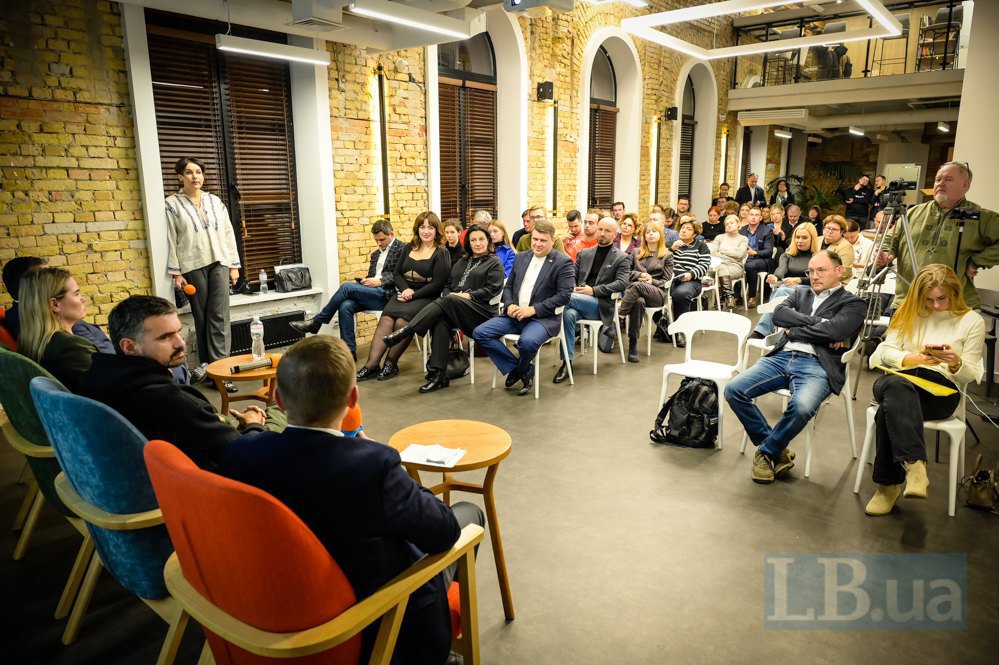
Trump and China
For China, Donald Trump’s return to power presents a significant challenge, says diplomat Kostyantyn Yeliseyev.
“China was deeply concerned about the US election outcome, which is why, a year before the vote, it intensified its relations with European countries. Recall the historic visits to France, Hungary, and others. They sought to diversify their partnerships, preparing for a potential force majeure—and I believe Trump’s return is precisely that. Trump will undoubtedly protect American business interests carefully and rigorously, and China will, to some extent, become a primary target,” Yeliseyev explained.
The North Korean factor will also play a role, Yeliseyev suggested. Trump previously attempted, unsuccessfully, to negotiate with North Korea’s leader, and Russia’s current collaboration with North Korea in the war opens up an intriguing avenue for dialogue.
Meanwhile, Atlantic Council analyst Alyona Hetmanchuk pointed out that the connection between Russia and China is not always as apparent to the United States as it may seem.
“Unfortunately, not all Republicans recognise the link between European security and security in Southeast Asia, despite clear and powerful arguments. Former Japanese Prime Minister Kishida repeatedly emphasised in Congress, while lobbying for support, that what is happening in Ukraine today could happen in East Asia tomorrow.
The North Korean factor helps connect these two elements of the puzzle, highlighting what I would call the four horsemen of the apocalypse: China, Iran, Russia, and North Korea. We need to confront them collectively, starting now,” Hetmanchuk said.
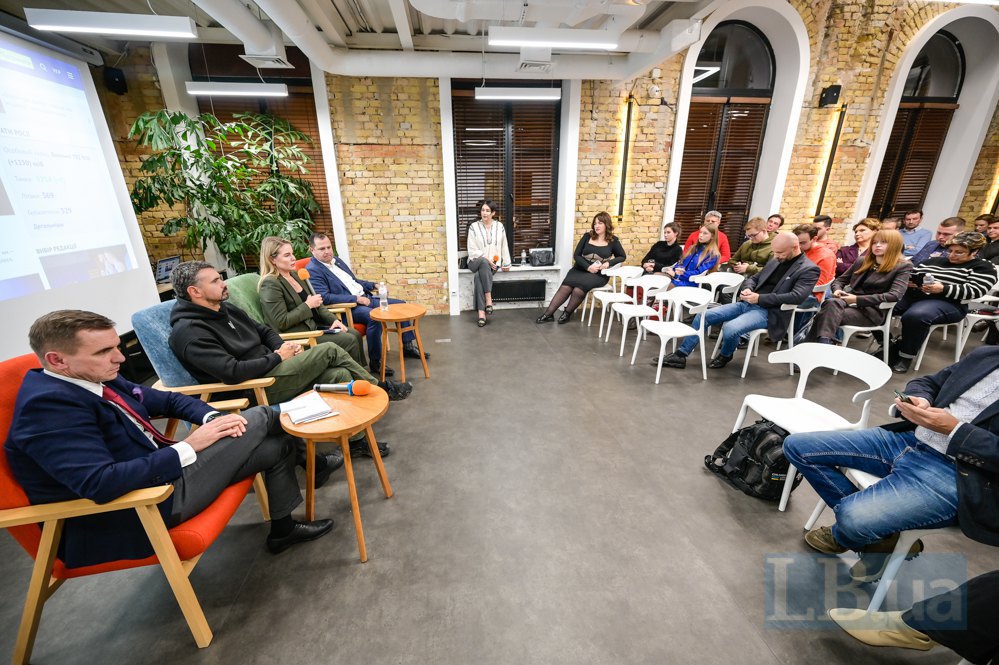
What Ukraine should do
Participants in the discussion outlined strategic steps for the Ukrainian government to maintain existing agreements and seize new opportunities. Here is a summary of their recommendations:
- Emphasise the strength of the Ukrainian Armed Forces
“Ukraine now has the largest infantry in Europe, which could later serve as NATO infantry, defending the eastern flank,” says First Deputy Speaker of the Verkhovna Rada Oleksandr Korniyenko. This argument, first introduced during President Volodymyr Zelenskyy’s Victory Plan presentation, should be promoted widely.
- Highlight the importance of protecting strategic resources
“We must prevent Ukraine’s strategic resources from falling into the hands of the aggressor or their allies, where they could be used to produce anything. This includes mineral deposits and our unique gas transmission system,” Korniyenko stated.
- Communicate the threat of the war spreading to Europe
Businessman Ihor Liski stressed the importance of conveying the potential dangers to the United States.
“The Americans need to understand that if Russia captures major Ukrainian cities, within five years, Ukrainians might be fighting against Europe, NATO, and American soldiers—alongside North Korean troops. This is a very real scenario. Neither the US nor Europe can afford to let this happen, or they risk losing everything,” Liski warned.
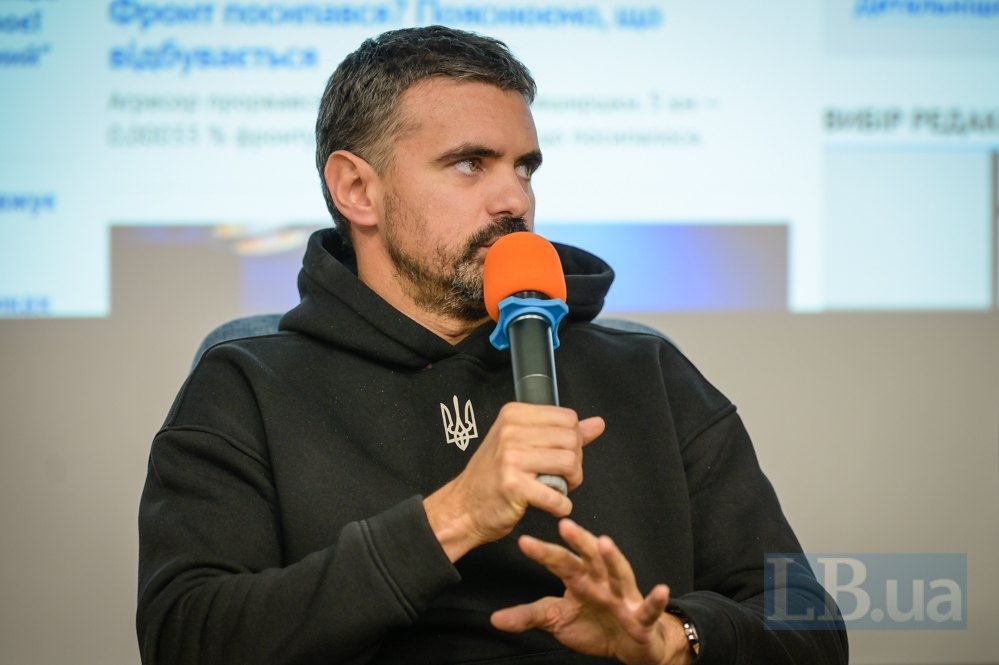
- Regroup Ukrainian diplomacy in Washington
Diplomat Kostyantyn Yeliseyev commended the efforts of Ukraine’s current ambassador, Oksana Markarova, but called for an objective review of how she will navigate dialogue with the new US administration.
“Most US ambassadors—99%, in fact—will be replaced with political appointees under the new government. This is standard practice during a change of administration in the United States,” he noted.
- Engage more actively with the Ukrainian community in the US
Yeliseyev also highlighted the underutilisation of the Ukrainian diaspora as a resource.
- Analyse congressional election outcomes and build connections
Pavlo Unhuryan, coordinator of the Christian Platform for Ukrainian-American Partnership and a former MP, emphasised the importance of identifying key figures in the new Congress.
“We need to focus on who will lead critical committees in the House and Senate, as these individuals can significantly influence decision-making, even at the White House level. Michael McCaul, Mike Rogers, and Mike Turner are all positive for Ukraine. While there are some questions about proportions, both majority and minority leaders seem favourable. Much professional work lies ahead,” Unhuryan said.
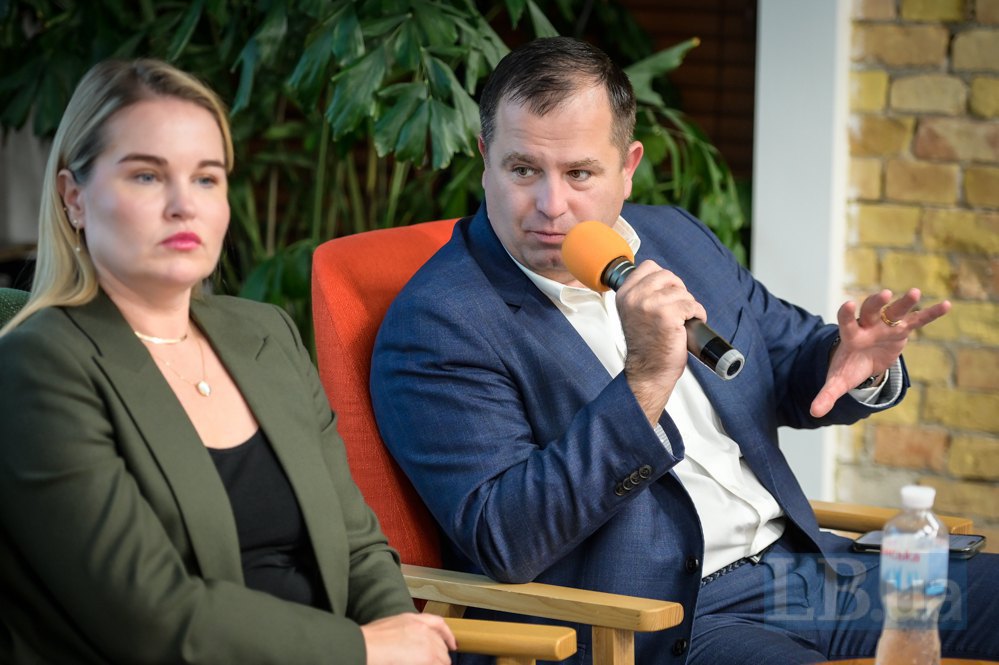
- Establish regional cooperation
The recent elections demonstrated that the Republicans’ success was largely built at the grassroots level. Pavlo Unhuryan, a representative of spiritual diplomacy, suggests that Ukraine’s regions, cities, and districts should work to foster relationships with local American communities.
- Leverage past experiences
Ambassador Kostyantyn Yeliseyev highlighted the strategies employed by the Poroshenko administration during Trump’s first term as a useful foundation. “During that time, it became clear that communication with Trump had to be straightforward, engaging, and kept relevant to his interests,” Yeliseyev said.
Alyona Hetmanchuk added that it’s also vital to collaborate with individuals who were part of Trump’s inner circle during his previous presidency, particularly those who worked on the “Ukrainian file.” Some of these individuals are already in positions of power, while others could re-enter the administration.
- Present clear economic incentives
The panellists stressed that while ideological arguments about freedom and democracy are important, Republicans need clear economic rationales.
“Trump is not just a man of action; he’s a man of deals. Consider this: deals with Ukraine amount to $2.5 billion. Compare that with Poland’s $20 billion or Singapore’s $130 billion—achieved by a country with no vast natural resources, but with innovation, creativity, and effective governance,” said former Economy Minister Pavlo Sheremeta.
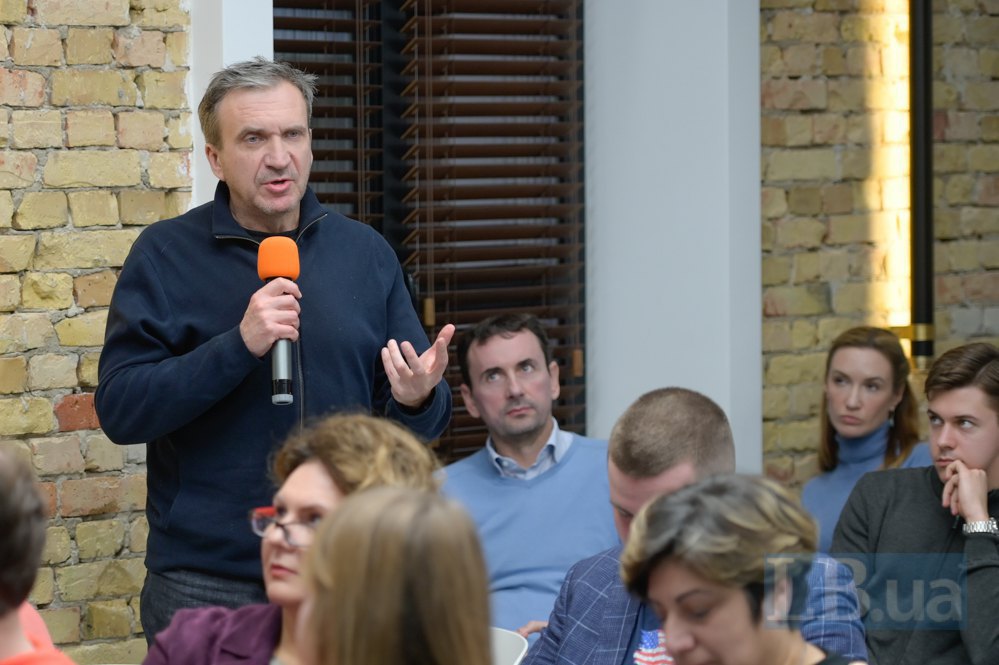
Sheremeta also noted that many Republicans are weary of Ukraine’s requests for aid and prefer self-sufficiency and economic responsibility.
“Trump spoke for five minutes about Elon Musk and his rockets in a near-victory speech. I wish Ukraine could embrace and promote similar values of economic freedom and self-sufficiency,” Sheremeta added.
Businessman Ihor Liski echoed this sentiment, suggesting the need for “real, large-scale, and innovative projects that can attract American and European investment.” He emphasised the importance of leveraging Ukraine’s strategic resources such as lithium, graphite, titanium, and its potential in energy and food security.
- Engage American business and promote business diplomacy
First Deputy Speaker of the Verkhovna Rada Oleksandr Korniyenko shared his experience with an Arizona delegation of defence manufacturers interested in collaborating in Ukraine.
“Some build drones, others train soldiers, and some manufacture equipment. They all expressed interest in working with us,” Korniyenko said.
Hennadiy Zubko, former Minister of Regional Development, stressed the need to prioritise business diplomacy.
“We must listen to what American businesses want. This doesn’t mean giving away whatever they ask for, but rather finding common ground. Key sectors traditionally include agriculture, processing, and mining. Today, business diplomacy will be Ukraine’s most powerful ambassador,” Zubko stated.
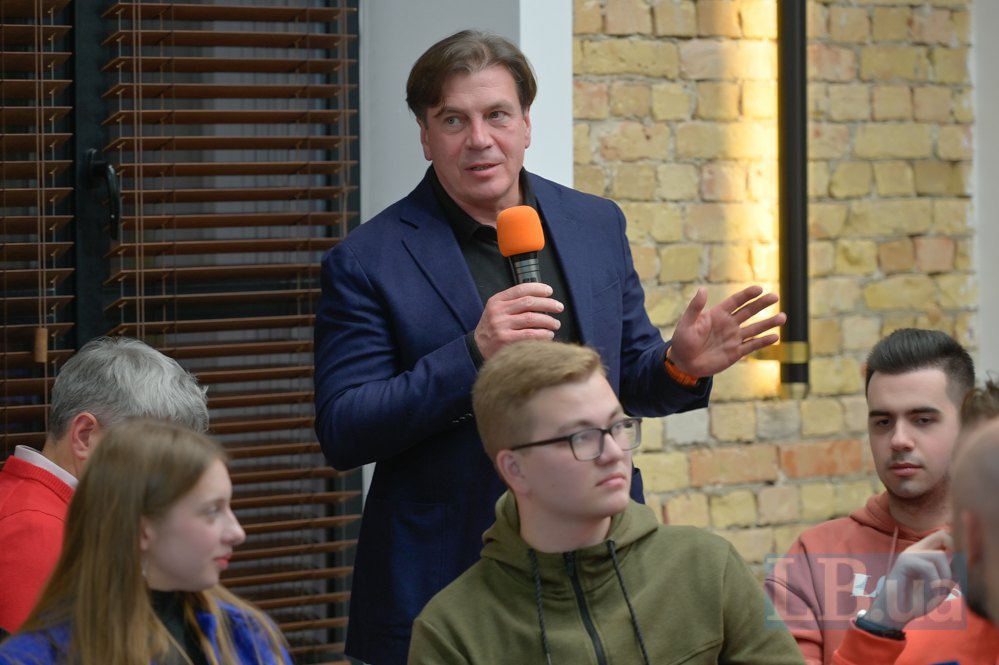
Similarly, Vadym Ivchenko, a member of the Verkhovna Rada Defence Committee, noted that American defence companies are particularly keen to operate in Ukraine.
“Ninety per cent of the funds supporting us are channelled to American corporations. General Dynamics, for example, has seen its profits rise by 25%. Some companies have already received permission to produce in Ukraine. If the security situation stabilises, they are prepared to work here.
Consider helicopters: thousands of workers contribute to their production—some supplying aluminium, others bolts, hardware, or avionics. These helicopters could be assembled in Ukraine and then exported to countries like the Czech Republic or Japan. Ukraine must integrate into these global supply chains,” Ivchenko said.
He also emphasised that American corporations involved in such projects would bring along their lobbyists and congressmen, further solidifying US-Ukraine ties.
“The more businesses and stakeholders we engage, the better it will be for Ukraine’s economy. Together with the government and private sector, they will play an active role in advocating for Ukraine,” Ivchenko concluded.
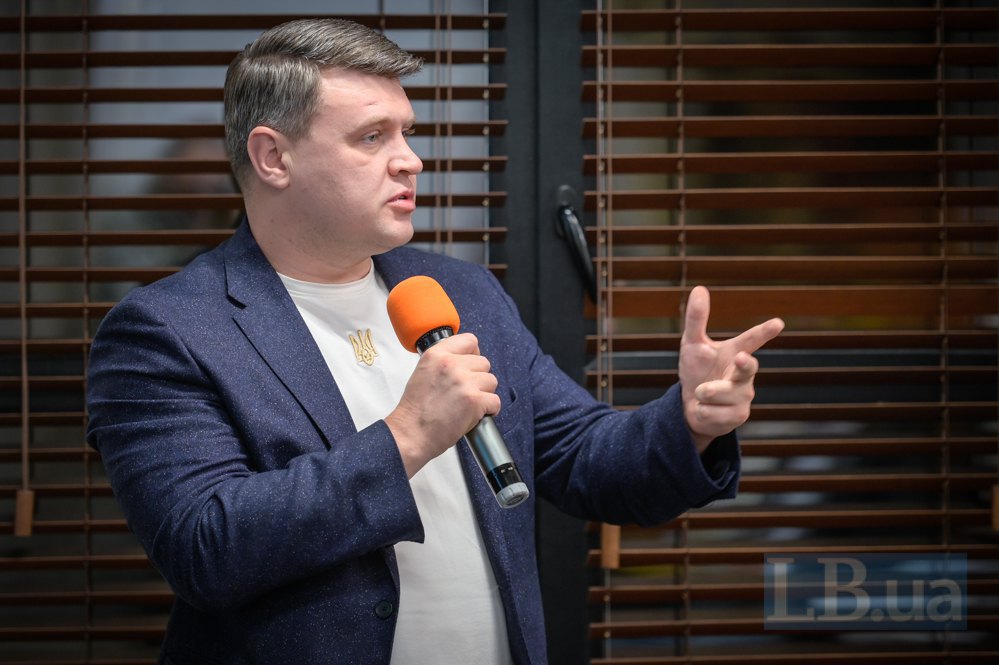
- Demonstrate success in fighting corruption
Ukraine must address Donald Trump’s perception of it as a corrupt country, which is influenced by his inner circle, some of whom are sympathetic to Russia, says diplomat Kostyantyn Yeliseyev.
Oleksandr Korniyenko adds that Ukraine’s progress toward EU accession sends a positive message to Americans, as “they understand that EU membership requires meeting high standards, countering many of the negative stereotypes about Ukraine.”
- Prioritise cultural diplomacy
According to Rena Marutyan, PhD in Public Administration and Professor at Taras Shevchenko National University of Kyiv, Ukraine’s conservative values align more closely with American society than with Europe.
“Our narratives need to emphasise shared values to resonate in the United States, where people tend to support those they see as ‘like them.’ This can only be achieved through public or cultural diplomacy,” Marutyan argues.
However, Russia has allocated a significant budget—€1 billion—for propaganda in 2024, continuing its cognitive war in the US information space.
“Ukraine cannot match this financially, but we can focus on civil society and grassroots communication. Cultural diplomacy—through films, animations, theatre, and other entertainment—offers a powerful way to convey our values and aspirations to American audiences. We need to show that we share common dreams and values,” she emphasises.
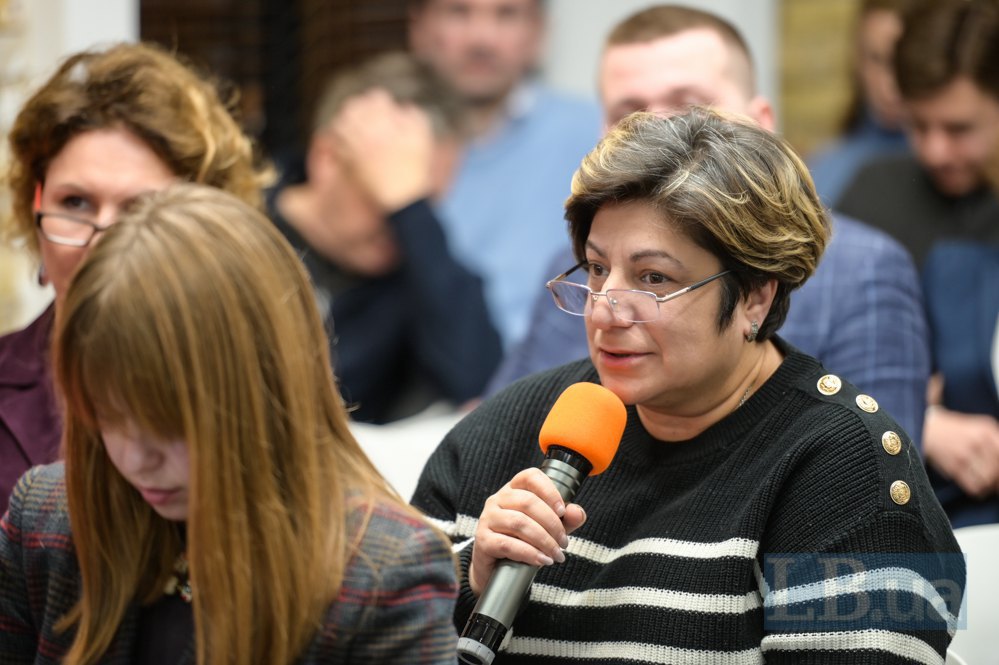
- Let Trump take the initiative in ending the war
Ukraine should appeal to Trump’s desire to be remembered as a great peacemaker, says Alyona Hetmanchuk, Associate Fellow at the Atlantic Council.
“It’s crucial for our president to concede ambition and initiative in such a way that Trump feels ownership of the plan. For example, President Zelenskyy could present his plan as a foundation and invite Trump to shape it as his own. Trump is motivated by his ego as much, if not more, than by money,” Hetmanchuk explains.
- Build trusting relationships
Despite Trump’s eccentricities, building trust with him is both possible and essential, believes diplomat Kostyantyn Yeliseyev.
“Trust will help address many issues. Zelenskyy should even consider learning to play golf—it may sound trivial, but it’s one of the ways to establish rapport,” Yeliseyev suggests.
- Maintain strength and unity
Finally, the speakers at the New Country forum emphasised that global respect is earned by nations that demonstrate strength and unity.
“We need to remain strong, united, and prepared. By developing our economy, strengthening our army, and prioritising our national interests, we can ensure continued support from the world, because the truth is on our side,” concluded businessman Ihor Liski.
